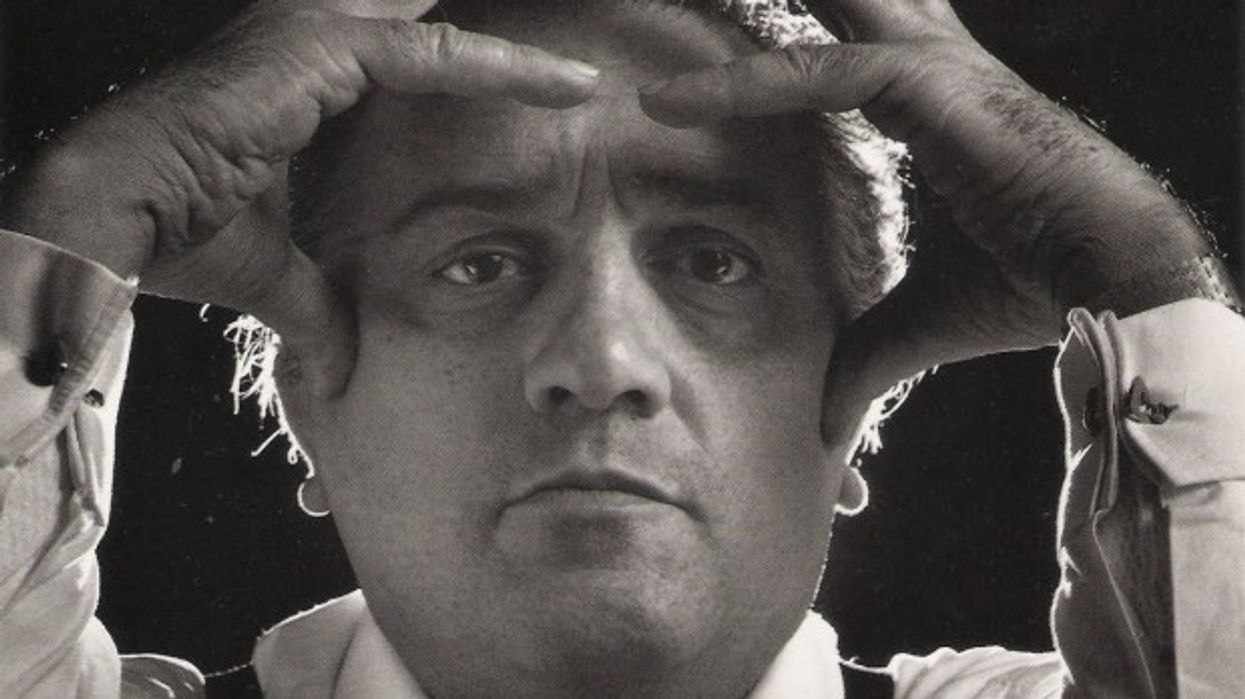Federico Fellini's Top 10 Favorite Films
Everyone has a Top 10 list of their favorite movies -- even world-renowned auteurs like Federico Fellini.

It originally ran in Sight and Sound, but Open Culture reprinted the list. Check it out below:
- The Circus/City Lights/Monsieur Verdoux (1928, 1931, 1947, Charlie Chaplin)
- Any Marx Brothers or Laurel and Hardy films
- Stagecoach (1939, John Ford)
- Rashomon (1950, Akira Kurosawa)
- The Discreet Charm of the Bourgeoisie (1972, Luis Buñuel)
- 2001: A Space Odyssey (1968, Stanley Kubrick)
- Paisan (1946, Roberto Rossellini)
- The Birds (1963, Alfred Hitchcock)
- Wild Strawberries (1957, Ingmar Bergman)
- 8 1/2 (1963, Federico Fellini)
Fellini's list probably won't strike anyone as all that original or double as a "must watch" list for most cinephiles (since they've most likely already seen them all). Like other top 10 lists made by great filmmakers, such as Tarkovsky, he definitely has an affinity toward the classic auteurs: Kurosawa, Kubrick, Rossellini, Bergman, even himself.
However, there are a couple of things we can learn here, like how a number of the films on his list contain themes and concepts that inspired his own work. For example, films by the Marx Brothers, Laurel and Hardy, and Charlie Chaplain show Fellini's comedic tastes as one of Italy's great humorists, even though his films wouldn't be considered "slapstick".
But probably the most revealing thing about his list is his inclusion of films by directors that used a great amount of abstract imagery (as well as narrative style) in their own work. Fellini was one of the greatest and most influential directors of the 20th century for several reasons, one being the art films he did in the 60s after his neorealism period, including 8 1/2 and Juliet of the Spirits. So, it isn't surprising to see films by Buñuel, Kubrick, or even Bergman on the list.
Have you seen the films on Fellini's top 10 list? In what ways do you think this list reflects his filmmaking style? Let us know what you think down in the comments!
















